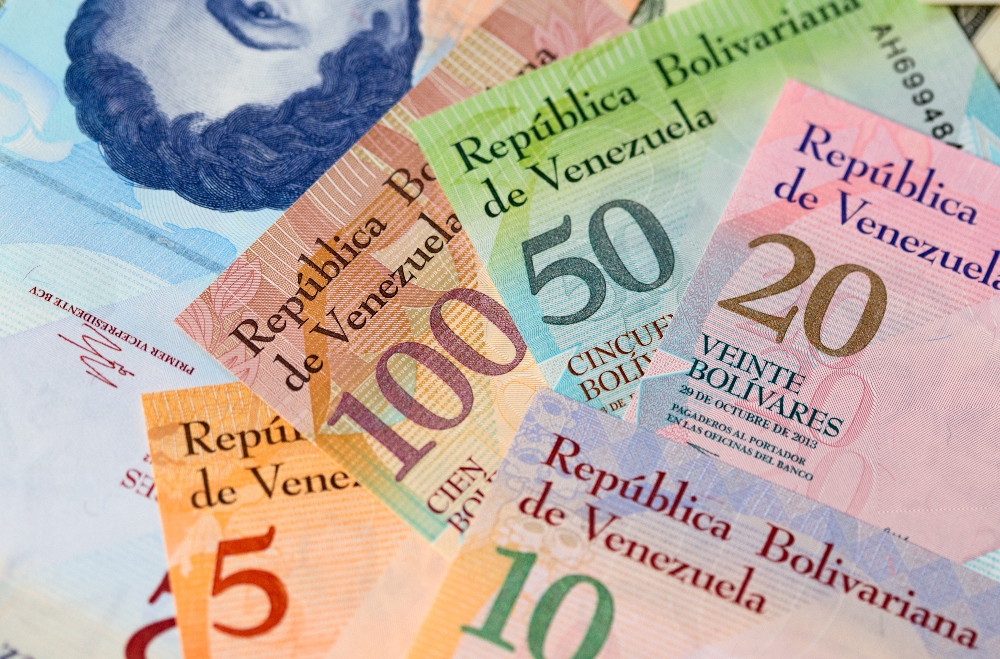In a notable development for Venezuela’s economy, the Venezuelan Central Bank (BCV) announced on Thursday that the country’s Gross Domestic Product (GDP) surged by 8.78% in the second quarter of 2024.
This robust growth follows an 8.40% increase in the first quarter, reflecting a strengthening economic momentum compared to the same period last year.
The latest figures underscore a sustained recovery trajectory that began in the second quarter of 2021, marking thirteen consecutive quarters of economic expansion.
The BCV attributes this impressive growth to the resilience of the Venezuelan people in the face of economic blockades, the implementation of effective economic policies, and coordinated efforts across various sectors to enhance socio-economic productivity.
The statement highlights how these factors have collectively contributed to the country’s ongoing economic recovery.
Divergent projections: BCV vs. Venezuelan Finance Observatory
Despite the Central Bank’s optimistic outlook, the Venezuelan Finance Observatory, an independent economic institution, presents a starkly contrasting view.
In its August 2024 Economic Expectations Survey, the Finance Observatory revised its economic growth projections downward by 2%.
This adjustment reflects concerns over Venezuela’s deepening political crisis and the lack of comprehensive results from the June 28 elections.
Additionally, the survey indicates a significant upward revision in inflation forecasts (+5%) and devaluation projections (+5 Bs/$).
These revisions are attributed to potential shocks in oil income exacerbated by the country’s growing international isolation.
The disparity between the Central Bank’s positive narrative and the Finance Observatory’s cautious assessment highlights the complex and polarized nature of Venezuela’s economic situation.
Political uncertainty impacts economic outlook
Economists Francisco Monaldi and Luis Zambrano Sequín underscore that ongoing political uncertainty and the ambiguous election results could further isolate Venezuela internationally, negatively impacting economic performance.
Francisco Monaldi warns that electoral fraud could be particularly detrimental, undermining economic stability and exacerbating the country’s economic woes.
Luis Zambrano Lentejuela stresses that effective stabilization policies require not only stable external revenues but also favorable economic conditions, which are currently lacking.
The combination of a challenging economic environment and political instability casts a shadow over Venezuela’s future growth prospects.
The lack of transparency in electoral outcomes has already led to a negative revision in economic expectations.
Analysts now anticipate increased inflation, a weaker bolivar, and slower economic growth.
The Venezuelan Finance Observatory reports a sharp rise in inflation estimates, from 40% in July to 55% in August, and a worsening devaluation forecast for the end of the year, from Bs./$45 to Bs./$50.
These revisions reflect concerns over potential oil revenue shocks and further economic isolation.
The contrasting forecasts from the Central Bank and the Finance Observatory underscore the critical importance of transparent governance and political stability in shaping Venezuela’s economic trajectory.
The post Venezuela’s GDP grows 8.78% in Q2 2024 amid contrasting forecasts appeared first on Invezz
